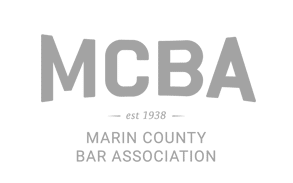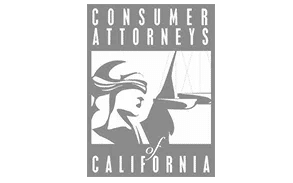Few cities use rideshares as much as San Francisco. According to the San Francisco County Transportation Authority, there are as many as 220,000 Uber and Lyft pickups daily within the city borders. With that many rides going on, accidents are inevitable.
Rideshare drivers should be held to higher standards on the road because they are responsible for their customers’ safety. However, this is not the case. In fact, the University of Chicago found that businesses like Uber and Lyft may be responsible for the 3% increase in fatal road accidents over the past few years.
Whether or not you use rideshares yourself, you still share the road with these drivers. Understanding how to respond after an accident to better recover from your injuries is in your best interest.
What Counts as a Rideshare?
Rideshares are defined as much by what they are not as by what they are. The concept is simple: an app or other service connects drivers with people who need transportation. The most well-known companies are Uber and Lyft, which operate in San Francisco and nationwide.
However, rideshares are explicitly not taxi services. Instead of being employees of a company, drivers are considered freelancers. As such, ridesharing services have not historically been subject to the same regulations as taxis. This can make it more difficult to determine who is liable if the driver gets in an accident and someone is hurt.
Liability for Rideshare Accidents
Liability is the legal concept of responsibility for the harm that results from an accident. The driver who causes an accident is usually liable for any injuries or other damages they cause. However, if someone is working when they cause a crash, their employer may share or receive full liability for the incident. For example, if a taxi driver hits a pedestrian, the taxi company is usually liable for the injuries.
This is complicated by the ridesharing industry. Technically, under California law, Uber and Lyft drivers are considered self-employed. They do not have an actual employer, so holding the companies accountable for their drivers’ actions may be more difficult than in other industries.
However, these companies have begun extending additional insurance to drivers and accident victims. This coverage applies to rideshare accidents where the driver was responsible if they:
- Were actively waiting for a ride request with the app open
- On their way to pick up a passenger
- Had a passenger in the car and were driving to their destination
In these situations, while the companies may not be directly responsible for an Uber or Lyft accident, the additional insurance coverage provides victims a way to seek compensation for their injuries.
What to Do After a Rideshare Crash
If you’re involved in a Lyft or Uber accident as a passenger, pedestrian, or another driver, it is crucial to get help immediately. Here’s what to do after a car crash:
- Get immediate medical treatment: If you have any injuries, you should get medical care as soon as possible, even if they seem mild. Apparently minor injuries can develop into significant health problems if they are not treated. Additionally, your medical records will document your injuries and when they were received, making claims easier to file.
- Report the accident to the company: Unless you were also driving, you do not need to report the accident to law enforcement unless no one else can. However, it is always important to notify the responsible driver’s rideshare company about the crash. This is necessary to ensure any insurance coverage they provide can be applied to the accident.
- Document the accident: Get the names and contact details of the driver and anyone else involved in the crash. If possible, take pictures and videos of the scene of the accident and the license plates of the vehicles, too. This is necessary for your claim to proceed.
- Contact a rideshare accident attorney: After a crash, you should always contact a personal injury lawyer about your claim. They will help you file the appropriate paperwork and represent you if you need to take legal action to receive the compensation you’re owed.
You shouldn’t have to face insurance and legal battles about a rideshare accident alone. At the Wakeford Law Firm, our injury attorneys specialize in rideshare and other car accidents. Reach out today to learn more about handling your injuries and discuss how we can assist you with your claim.
How useful was this post?
Click on a star to rate it!
Average rating 5 / 5. Vote count: 1
No votes so far! Be the first to rate this post.







